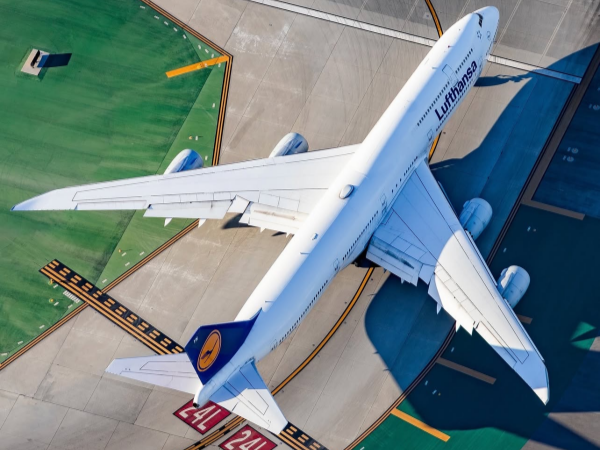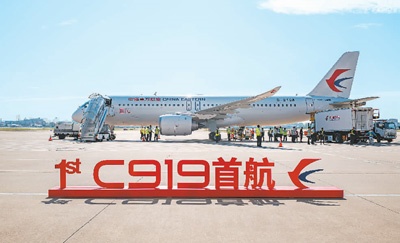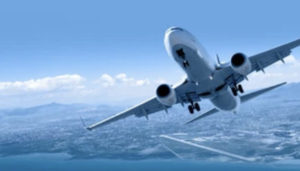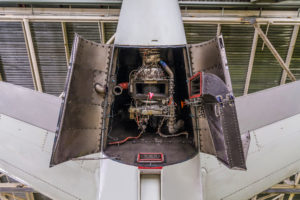Press Releases

China abandons $240 billion Airbus orders..-USA Aircraft Group Corporation
Date: 2024/12/19
China cancelled an Airbus aircraft order worth $240 billion, which triggered a strong response in the global aviation industry, almost like an earthquake, shaking the entire aviation industry chain. Airbus's share price fluctuated accordingly, and aviation manufacturers and service providers all over the world felt an uneasy atmosphere. No matter aircraft manufacturers, parts suppliers or airlines, everyone is thinking about how this incident will change the pattern of the aviation market. Although there may be some challenges in the short term, there are also many opportunities in the crisis.
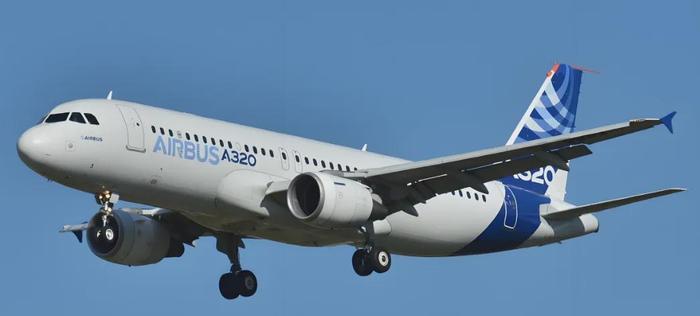
First, the importance of the China market
China market has always been regarded as the "beacon" of the global aviation industry. In recent years, with the rapid development of economy and the improvement of national consumption level, the demand for air travel has been increasing. Especially after the epidemic, the civil aviation market recovered rapidly, and the number of aircraft orders hit record highs. The cooperation between Airbus and China is not limited to aircraft sales, but also includes related services and technical support. Therefore, the cancellation of the order is undoubtedly a major blow to Airbus.
For the entire aviation industry chain, the impact of Airbus's action is far-reaching. Suppliers, airlines and airports all over the world are paying close attention to the development of the situation, and many enterprises have begun to re-evaluate their market strategies to cope with this uncertainty.
Second, Airbus's Dilemma and Countermeasures
For Airbus, losing this huge order is undoubtedly a nightmare. They need to find new customers quickly to fill this "market vacancy". Emerging markets such as Southeast Asia, the Middle East and Africa may become their "life-saving straws". However, it is not easy to simply seek new customers. Airbus not only needs to provide advanced technology and cost-effective aircraft, but also needs to provide thoughtful after-sales service to win the trust of customers.
Airbus may face more severe competitive pressure. Boeing is secretly pleased. As the main competitor of Airbus, Boeing will undoubtedly pay more attention to the China market at this time. Although Boeing still needs to be cautious in the complex environment of Sino-US relations, they are full of expectations for seizing this opportunity.
Third, the rise of domestic aircraft manufacturers
In the context of the cancellation of Airbus orders, China's local aircraft manufacturers are facing a once-in-a-lifetime "superior" opportunity. Faced with this market gap, domestic aircraft manufacturers like to see a bright light, they began to work overtime, and strive to upgrade their technology and services.
These enterprises realize that in addition to product quality, customer service is also crucial. In order to seize the market, they have optimized their production processes and improved their production efficiency, striving to win a place in the international market. In addition, the research and development of domestic aircraft is also accelerating. In the future, consumers' recognition and trust in domestic aircraft will directly affect the success of these enterprises.
Fourth, the rise of the second-hand aircraft market

With the reduction of new orders, the second-hand aircraft market is expected to usher in a hot situation. Under the increasing cost pressure, airlines often choose second-hand aircraft with higher cost performance to optimize their fleet. The demand for renovation and transformation of second-hand aircraft will greatly increase, which will provide more business opportunities for related enterprises.
In this process, investors will also keep their eyes open and look forward to finding value depressions in the second-hand market. The activity of this market will stimulate the innovation and transformation of upstream and downstream enterprises in the aviation industry chain and promote the development of the whole industry.
V. reshuffle of the aviation service market
In addition to changes in the manufacturing industry, the aviation service market is also facing a reshuffle. As airlines are highly sensitive to operating costs, service companies need to constantly improve their service quality to meet the growing needs of consumers. This includes everything from flight arrangement, customer experience to air ticket price.
Air ticket prices may also fluctuate. Some airlines may introduce more competitive price policies in order to attract consumers, so that consumers may have more choices when purchasing tickets, and purse may get some benefits.
VI. Opportunities in the freight market
Unlike the turmoil in the passenger transport market, the freight market still maintains a strong demand. Due to the rapid development of e-commerce and logistics, the demand for cargo aircraft continues to rise. Airlines can seize the opportunity in this field, further expand market share and become a new profit growth point.
Freight transport enterprises need to seize the opportunity in this wave of market boom, improve their service capabilities and operational efficiency to meet future challenges. At the same time, the vigorous development of the freight market will also promote the cooperation and innovation of related industries and inject new vitality into the aviation industry.
VII. Conclusion: Industry changes, discovering new opportunities
China's cancellation of Airbus orders not only triggered a shock in the global aviation industry, but also brought profound changes to the whole industry. Although it faces challenges in the short term, in the long run, the crisis also contains countless opportunities. Domestic aircraft manufacturers, second-hand market and freight market will all usher in new development opportunities.
In the future, how can the aviation industry adapt to these changes? Whoever can stand firm in this change will have the last laugh. For aviation enterprises, it will be the key for them to stand out in the new situation by flexibly responding to market changes and strengthening technological innovation and service improvement. The future of the global aviation industry is still full of infinite possibilities.



